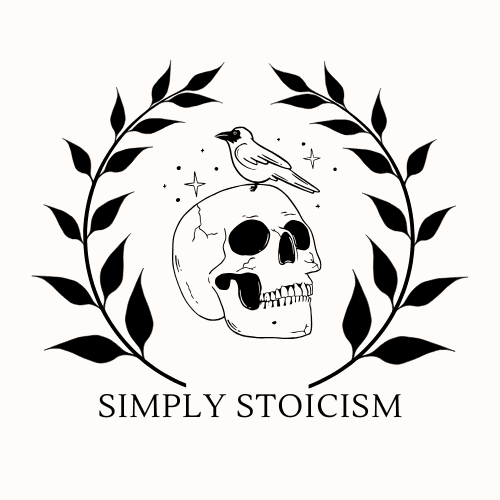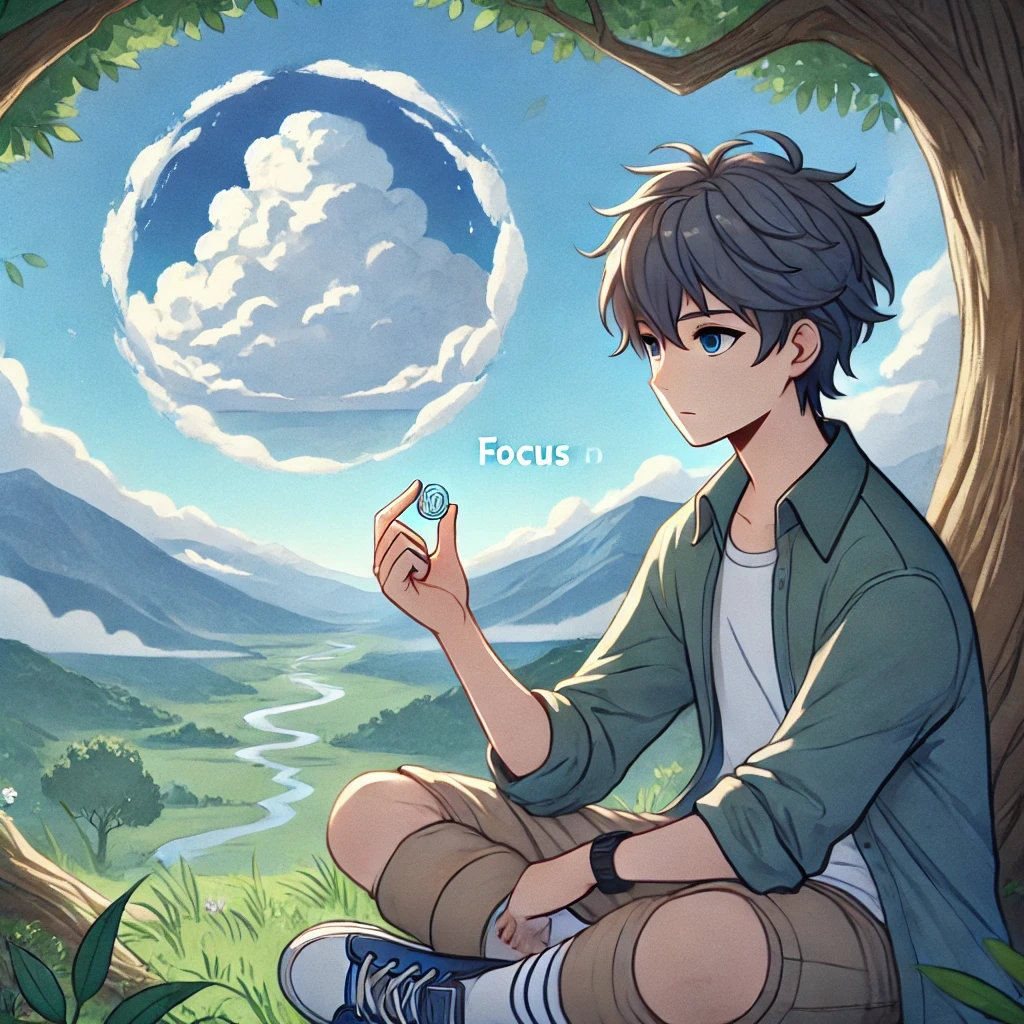Getting Started Series Week 3: The Stoic Time Machine
An exploration of the Stoic practice of memento mori (remember death), demonstrating how contemplating mortality can enhance decision-making and gratitude, featuring practical exercises from ancient philosophers for applying this wisdom to modern life choices.

Jon High
·
Nov 14, 2024
🔄 The Quick Rewind
If you're just joining us, we've covered controlling what you can (Week 1) and mastering your interpretations (Week 2). Now we're diving into something that sounds dark but is actually the ultimate life hack: using death to make your life better.
(Stay with me here – I promise this gets inspiring, not depressing.)
💡 The Big Stoic Truth Bomb of the Week
Let's do a quick inventory:
That pile of unread books you feel guilty about
Those calls to old friends you keep putting off
The side project gathering digital dust in your Google Drive
That conversation you need to have but keep avoiding
The hobby you'll "get to someday"
Now, here's the question that changes everything: If you knew you only had a month left, what would you do with those things?
As our guy Marcus Aurelius put it:
"You could leave life right now. Let that determine what you do and say and think."
Before you roll your eyes or close this tab - this isn't some YOLO philosophy pushing you to quit your job, sell everything, and move to Bali. (Though if that's your authentic truth, you do you.) The Stoics were way more practical than that. They used death as a clarity tool, not a panic button.
Think of it like having a really good Instagram filter for your life decisions - suddenly, the important stuff pops and the bullshit fades to the background where it belongs. When you accept that your time is limited (spoiler alert: it is), you start making better choices about how to spend it.
🎯 How to Actually Use This (Without Getting Existential Depression)
1. The Morning Perspective Check
Start your day with one simple question:
"If this was my last day, would I be proud of how I'm spending it?"
Note: If your answer is always "no," you might need bigger life changes. But start small:
Can you spend 10 minutes on something meaningful?
Could you send that text you've been putting off?
Is there one small action that future-you would thank you for?
2. The Deathbed Filter
Before saying yes or no to anything significant, ask:
"Will I be glad I did this when I'm dying?"
This works for both saying yes and no:
Working late again vs. making it to your kid's game
Scrolling social media vs. calling an old friend
Staying in that soul-crushing job vs. taking the leap
Having that difficult conversation vs. keeping the peace
3. Negative Visualization (The Stoic Gratitude Hack)
This is like weight training for appreciation:
Pick something you take for granted (person, ability, possession)
Imagine it vanishing forever (really feel it)
Sit with that loss for 30 seconds
Open your eyes and feel the gratitude of still having it
Try it with:
Your eyesight
The ability to walk
Your favorite person
Running water
That device you're reading this on
📖 Story Time: The CEO Who Practiced Dying
Seneca, who was basically the ancient Roman version of a billionaire tech CEO, had what most would consider a weird nighttime ritual. Every night before bed, he would review his entire day as if he had just died.
He'd ask himself:
What time did I waste?
What really mattered?
What would I do differently if I got another chance?
Plot twist: He did get another chance - the next morning. And because of this practice, he used each "bonus day" better than the last.
Then life threw him the ultimate test. Emperor Nero (think: most dramatic boss ever) ordered him to take his own life. Instead of falling apart, Seneca was ready. His last hours were spent:
Comforting his friends
Finishing his writings
Proving his philosophy wasn't just talk
He turned his death into his final teaching moment. Talk about walking the walk.
🔑 Why This Changes Everything
When you really get this – like, really get it – three things happen:
Your priorities auto-correct (goodbye, fake obligations)
Your relationships deepen (because you stop assuming there's always tomorrow)
Your decisions get clearer (death is an excellent BS detector)
The Most Common Objections (And Why They're Wrong)
"This is too morbid"
Nope. It's actually the opposite. Thinking about death doesn't make you depressed - it makes you appreciate life more. It's like how good food tastes better when you're hungry.
"I'll get paranoid and stop enjoying life"
Actually, you'll start enjoying it more. When you stop pretending you have forever, you start appreciating now.
"I don't want to think about death"
You already do - that's why you procrastinate and worry. This just makes it useful instead of anxiety-inducing.
🤔 The Big Takeaway
Death isn't the opposite of life - it's the tool that makes life meaningful. The time is going to pass anyway. The only question is whether you'll spend it on what really matters to you.
Think of time like money: You're going to spend it all eventually. The only choice is whether you spend it intentionally or let it disappear on stuff you don't actually care about.
Your Weekend Challenge
The Five-Minute Funeral
Set a timer for 5 minutes
Write your own eulogy
Be honest - what do you want it to say?
Now go live today like that person would
Bonus round: Write two versions:
The eulogy you're currently on track for
The eulogy you want
Notice the gap? That's your to-do list.
Questions to Ponder
What would you do differently if you stopped pretending you had forever?
What conversations are you putting off?
What parts of your life would you upgrade immediately if you knew time was short?
What bullshit would you stop tolerating?
Coming Up Next Week
Your practical Stoic starter kit - how to turn all this into daily habits that stick. Because philosophy without action is just fancy complaining.
Remember: The point isn't to live each day like it's your last - it's to live each day like it matters. Because it does.
PS: If this made you want to text someone you love, do it right now. That's the whole point.



